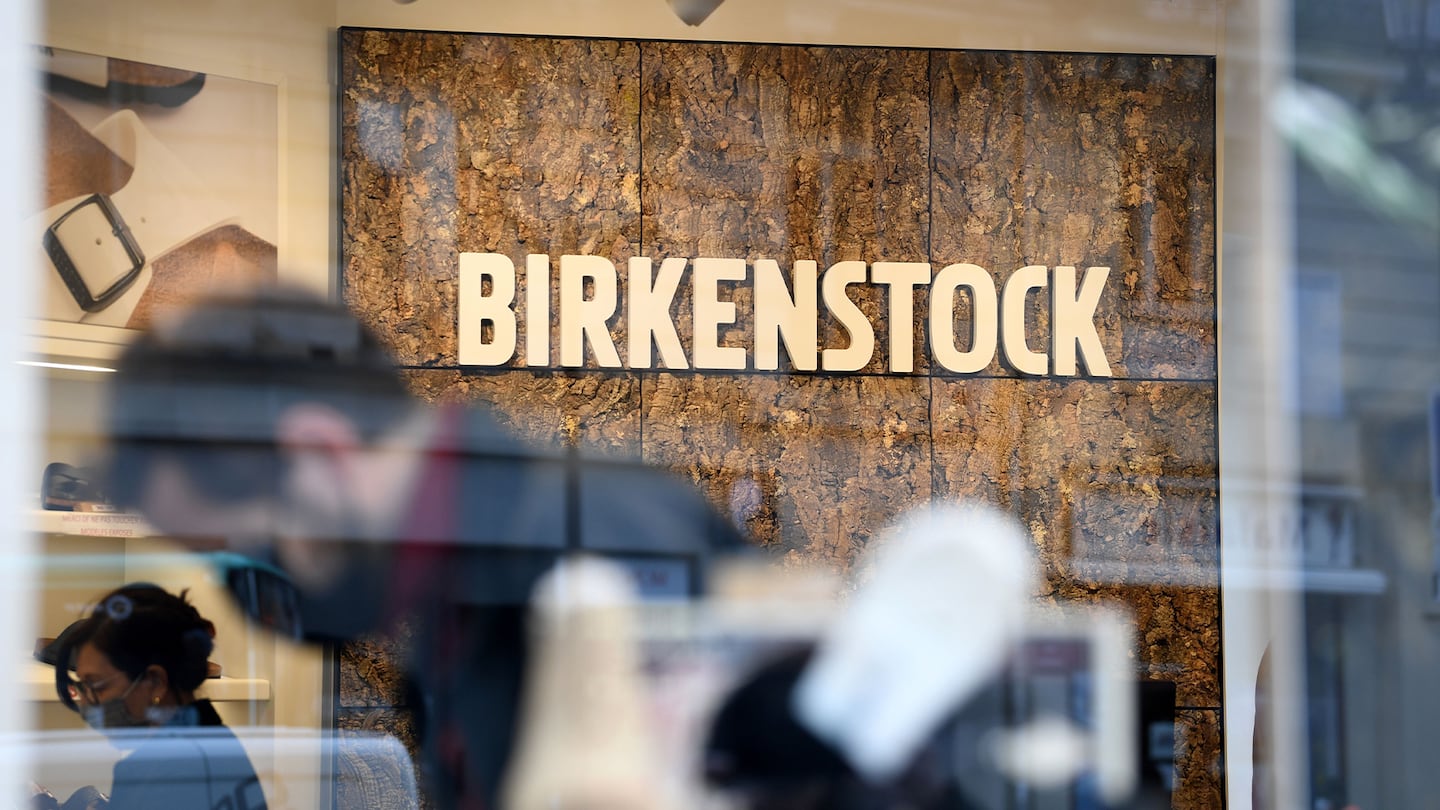
The Business of Fashion
Agenda-setting intelligence, analysis and advice for the global fashion community.

Agenda-setting intelligence, analysis and advice for the global fashion community.

Birkenstock has filed for an initial public offering with the US Securities and Exchange Commission. The German footwear brand, which is owned by LVMH-backed private equity firm L Catterton, plans to list on the New York Stock Exchange under the symbol BIRK.
The number of shares as well as the expected range of the share price, was not included in the filing, though previous reports estimated the brand could be valued at as much as $10 billion. That number would represent a significant jump from 2021, when L Catteron acquired Birkenstock for €4 billion (then about $4.3 billion).
In the filing, Birkenstock reported €1.2 billion ($1.3 billion) in revenue in the 2022 fiscal year, which ended Sept. 30. As well, it reported a profit of €187 million ($201 million).
There has been a bit of an uptick in IPO activity in the fashion and beauty space as of late. Most recently, beauty tech platform Oddity, which was also backed by L Catterton, went public in July, fetching a valuation of $1.5 billion.
ADVERTISEMENT
Learn more:
What Birkenstock’s IPO Says About the Future of the Fashion Market
After 18 months of hardly any listings on the equity market, a number of fashion brands are now eyeing public offerings. A full recovery, however, is not yet in sight.
Nordstrom, Tod’s and L’Occitane are all pushing for privatisation. Ultimately, their fate will not be determined by whether they are under the scrutiny of public investors.
The company is in talks with potential investors after filing for insolvency in Europe and closing its US stores. Insiders say efforts to restore the brand to its 1980s heyday clashed with its owners’ desire to quickly juice sales in order to attract a buyer.
The humble trainer, once the reserve of football fans, Britpop kids and the odd skateboarder, has become as ubiquitous as battered Converse All Stars in the 00s indie sleaze years.
Manhattanites had little love for the $25 billion megaproject when it opened five years ago (the pandemic lockdowns didn't help, either). But a constantly shifting mix of stores, restaurants and experiences is now drawing large numbers of both locals and tourists.